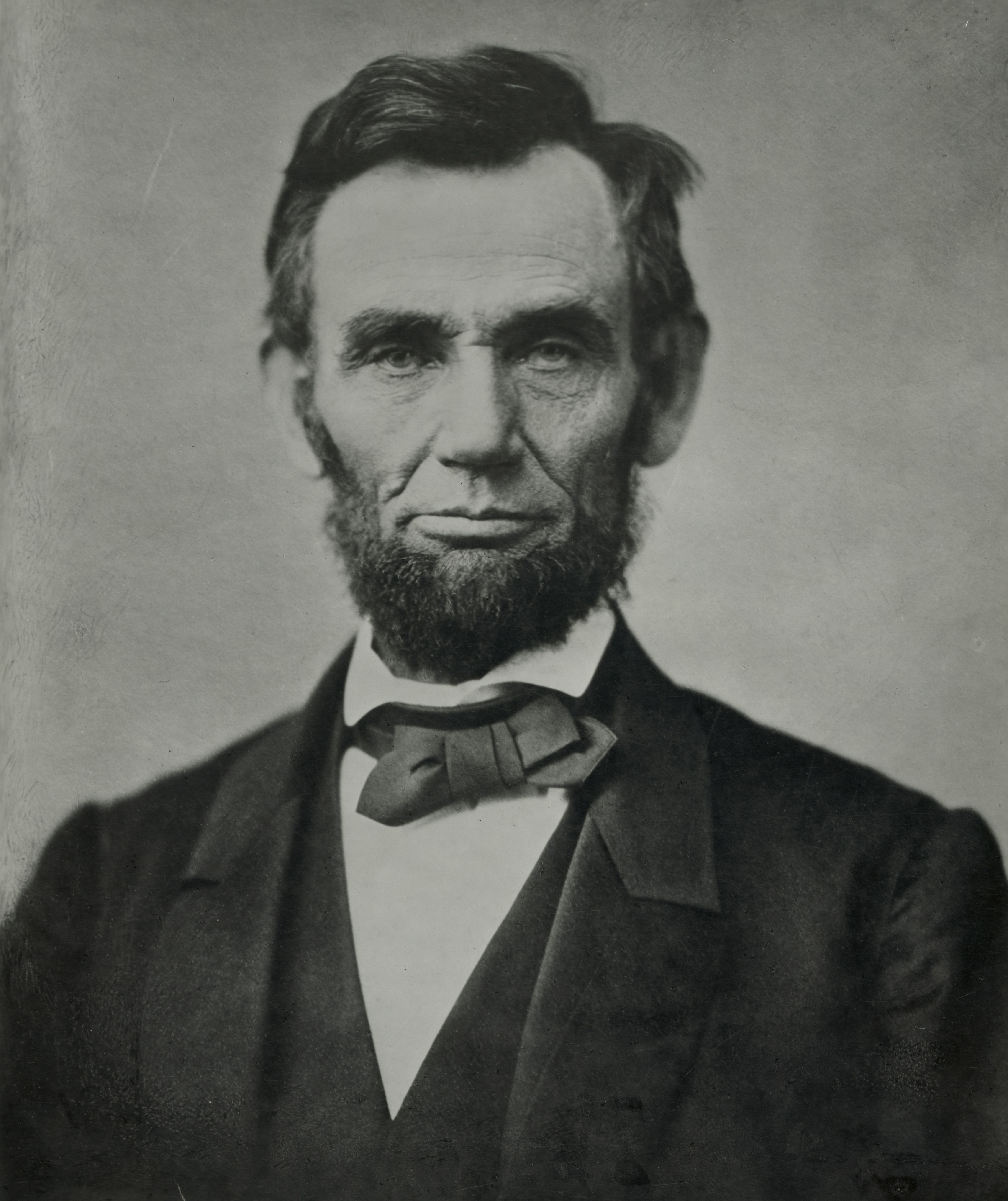Leadership Philosophy
Leadership Rooted in Trust, Accountability, and Shared Purpose
Leadership isn’t about authority it’s about accountability. The best teams I’ve led didn’t follow because they had to, but because they trusted that I would stand beside them when it mattered most.
Over two decades in uniform taught me that leadership is less about giving direction and more about removing obstacles so others can perform at their best. I believe in leading with integrity, empathy, and a sense of purpose helping people understand why their work matters, not just how to do it.

True leadership builds trust in every direction. It’s creating space for ideas to surface, ensuring every voice is heard, and making decisions that reflect both the mission and the people behind it. Whether in combat, corporate boardrooms, or technology labs, I’ve seen that trust and clarity will outperform fear and control every time.
This philosophy has guided me through complexity, uncertainty, and innovation from building secure networks in combat zones to shaping cybersecurity policies that protect national interests. Leadership, at its core, is the quiet work of turning shared purpose into measurable progress.
Servant Leadership in Practice:
Leading for the Mission by Investing in People

Servant leadership isn’t a slogan it’s a discipline. It’s the decision to put your team’s growth, resilience, and well-being ahead of personal comfort or credit. When leaders make that choice consistently, people respond with trust, initiative, and excellence.
For me, servant leadership means leading from the middle: close enough to understand the challenges, but steady enough to keep perspective. It’s about developing leaders at every level, giving them the tools and confidence to make decisions without waiting for permission. That’s how adaptability takes root how organizations grow stronger and more self-sufficient.
I’ve seen this firsthand with teams spread across the globe, from small combat detachments to multinational cyber operations. The common thread is always the same: when people feel seen, equipped, and trusted, they deliver outcomes that exceed expectations. Servant leadership turns hierarchy into alignment and pressure into purpose.










.png)